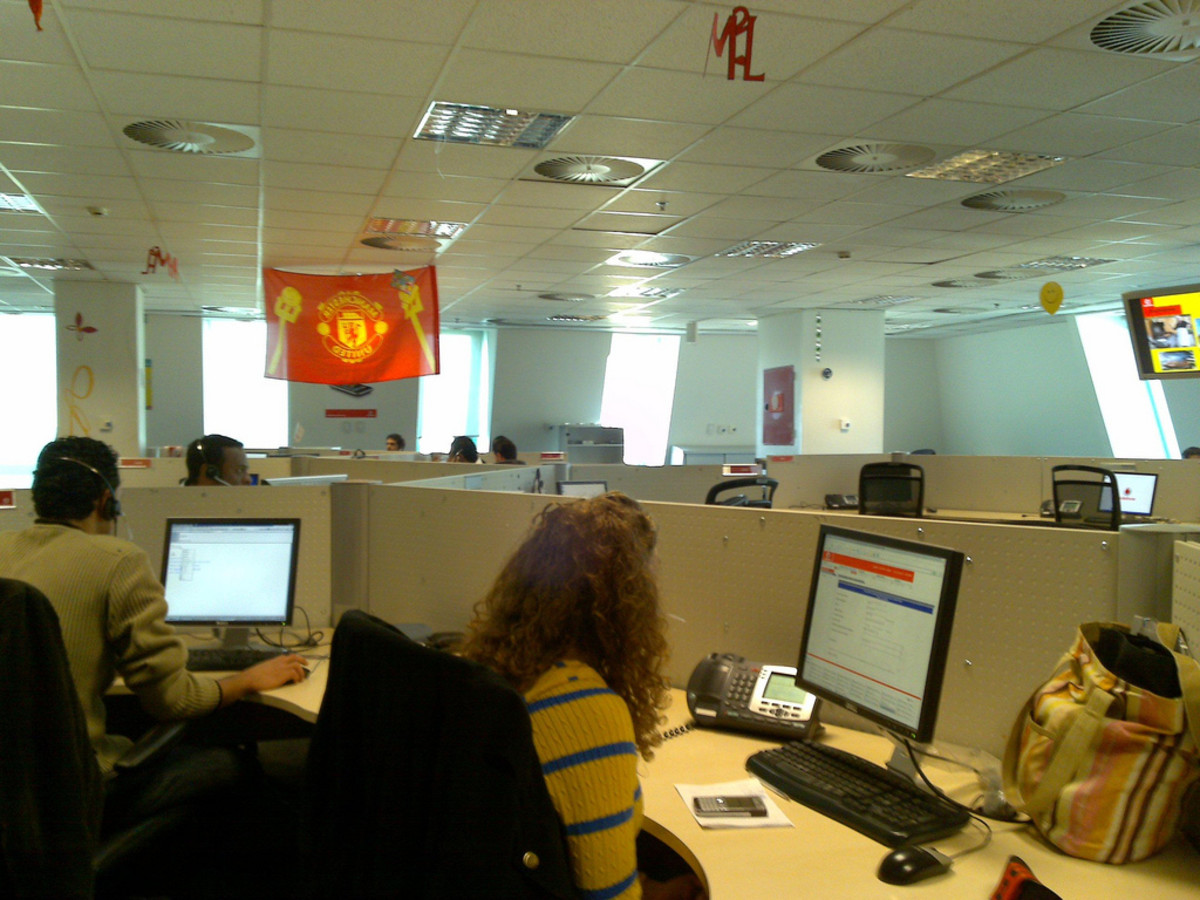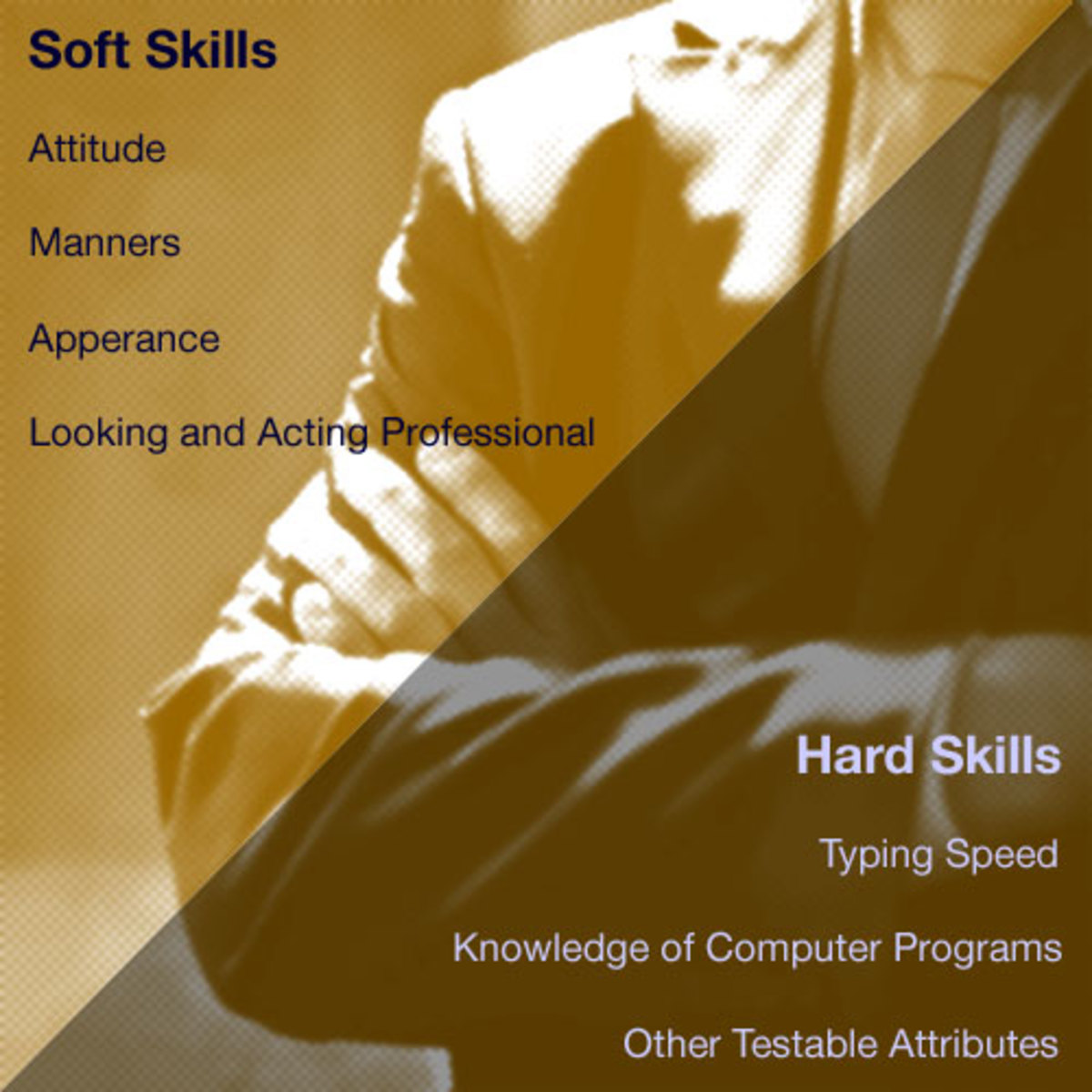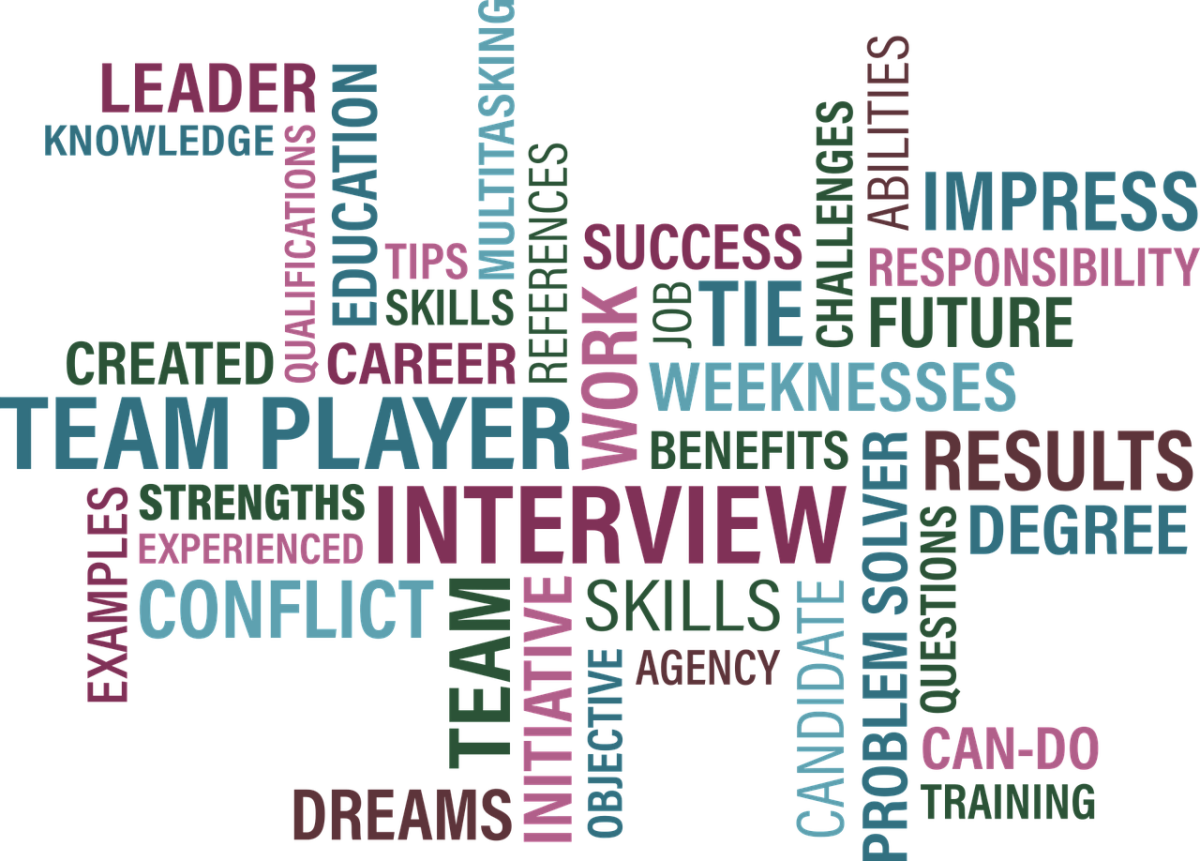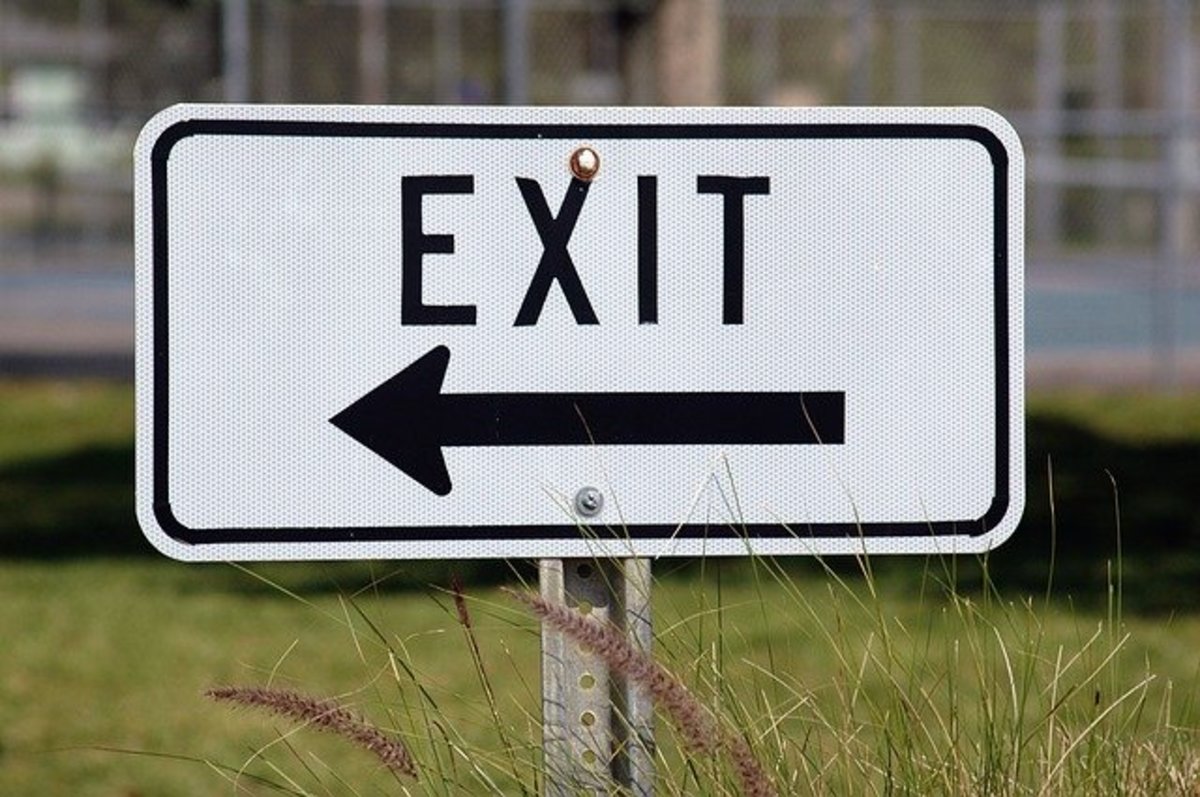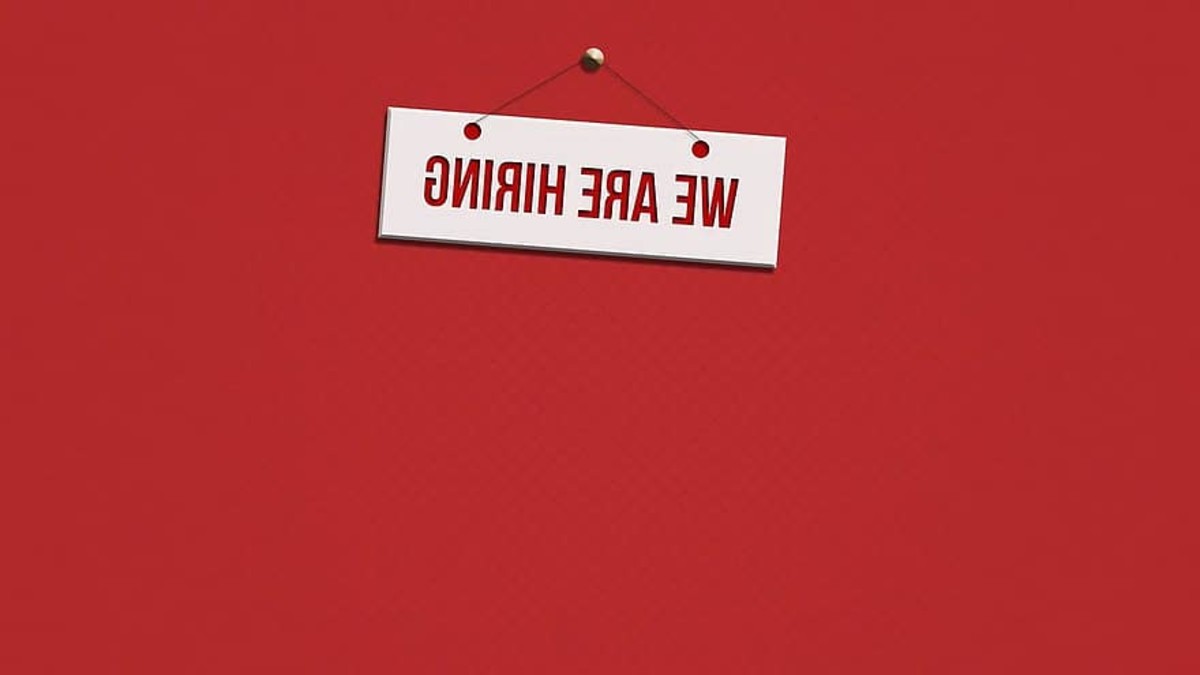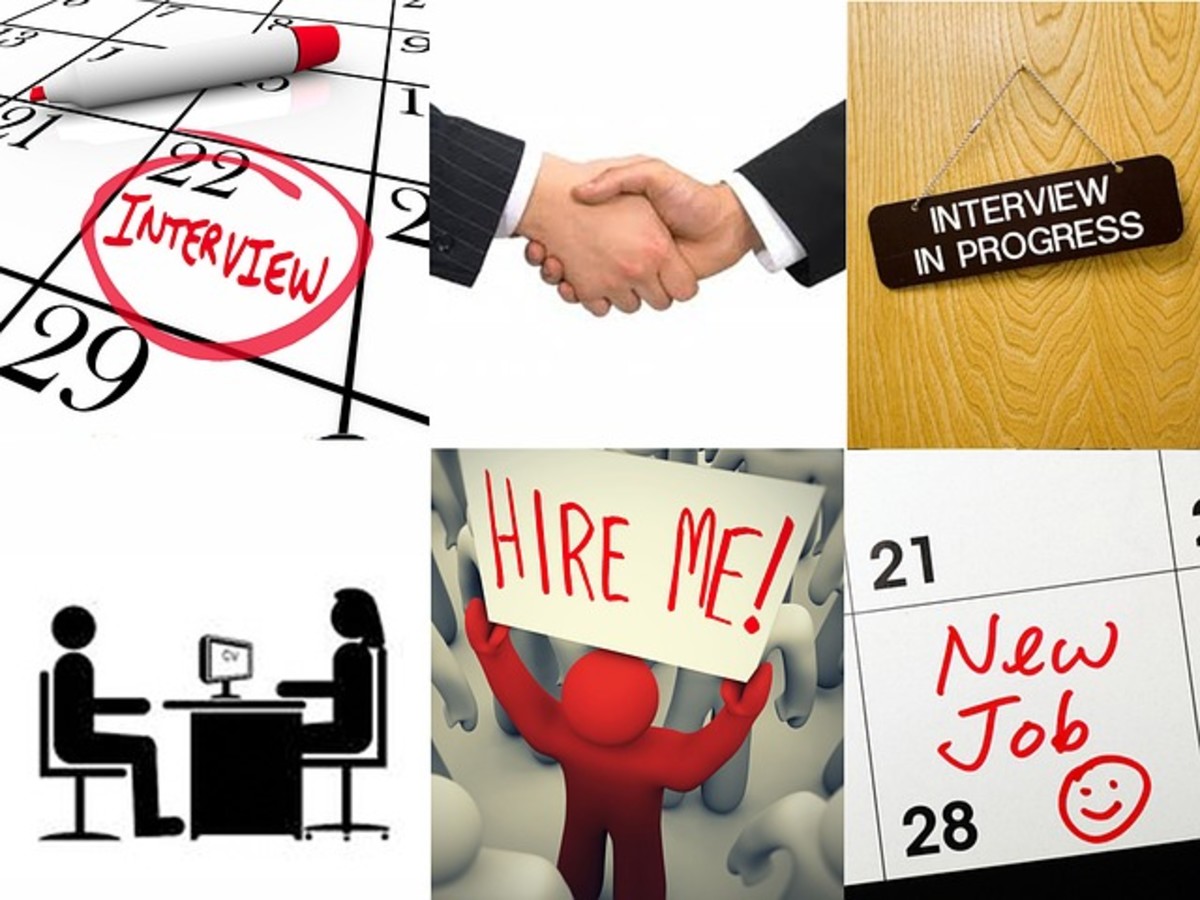- HubPages»
- Business and Employment»
- Employment & Jobs»
- Interviewing for a Job
Common Job Interview Questions
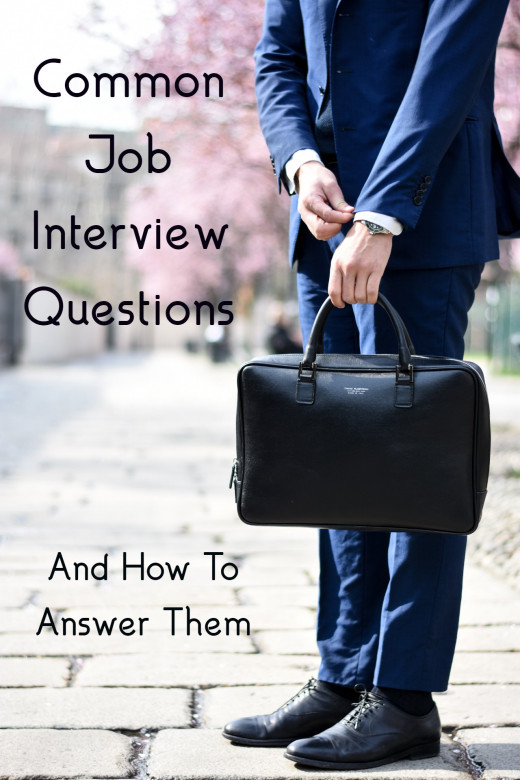
Interview questions will often provoke fear and ultimately this is the fear of the unknown. What is going to be asked and will you be able to deliver a good coherent answer?
Wouldn't it be great to be provided with a copy of the questions before the date of the interview so that you can prepare?
That's not going to happen, not literally anyway, but you can determine what will likely be asked and come prepared with some solid answers.
Job Interview Questions
Interviews are nerve racking ordeals since you are competing with so many unknowns. You must make a good impression, be articulate, present a polished appearance and not appear nervous. This certainly is a tall order.
As an Human Resources professional, I have done my share of interviewing and I know what to look for in a good candidate. I have outlined the top ten interview questions and provided some tips on what the interviewer may be seeking.
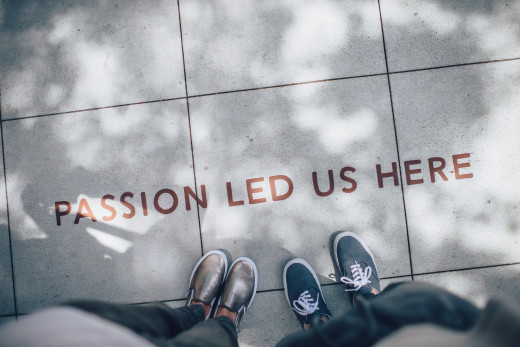
Common Questions Asked at a Job Interview
1. What are your strengths and how do they benefit you in your chosen career?
A strong candidate is usually quite self aware and is able to connect his strengths with job functions. A candidate should be able to tell a story about an issue or incident that demonstrates his or her strength. Weaker candidates are not as acutely aware and may tend to list typical attributes that they feel will be valuable to an organization. They may overstate their strengths and not be able to tie them easily into specific situations.
2. What are your weaknesses and what are you doing to improve upon them?
A candidate who is not as strong will be more likely to use a standard and practiced answer to this question about their weakness. The answer I get most often is "I'm a perfectionist". Well, this can be interpreted as a desirable attribute and then they always go on to explain that this causes them to obsess over small details. I remember receiving this same answer from three different candidates interviewed on the same day. Come on now, really?
Strong candidates are more open about their shortcomings. Just the fact that they are cognizant of a weakness shows they are self-aware and more likely to take steps to overcome it.
3. What do you know about our company?
Candidates are expected to know about the organization they are applying to. Strong candidates will research the company and its history. The organizations website should explored at a minimum. A strong contender will go a step further and know the company mission and vision and be able to present a picture of how they can fit into the organizational culture.
A weaker candidate will recite factual information. For example, when the company was founded, who its customers are etc. Anyone can memorize and repeat factual information. If the candidate knows nothing about the company, they are not the right person for the job.
4. Describe a situation when you had to deal with a difficult client/customer? What was the situation, how did you handle it and what was the outcome?
Weaker applicants will focus more on what happened when describing a situation they have been involved in. A stronger candidate will be focused on why the situation occurred and how it could be fixed and improved. These candidates will not hesitate to tell you exactly what went wrong and will be able to tell you what they learned from it. The strong candidate will express what they would do differently in the future. A weaker candidate will have more difficulty relating this.
5. What do you consider to be your most important career accomplishments?
I can still remember one highly experienced candidate answering this question with a litany of achievements - except none of them were related to her long career in the field! Hobbies, travel, family were all mentioned but no job related examples ever came to the forefront. A strong candidate will express a turning point or an achievement that is career related and their body language always shows their pride. If a candidate has to think too long about an answer to this question, then they may be in the wrong field or perhaps they are not really career focused.
6. What are your short term goals (variant of where do you see yourself in five years?)
Most strong candidates will easily come up with a goal. They usually have a vision and are working towards it. Their future vision should be something that the organization can provide. I have had candidates tell me that they expect to go back to to school and pursue a degree in a field totally unrelated to job they are applying for. Obviously not the right candidate. The job that is being applied for should be a step towards that future goal.
7. Why are you job hunting? (Why did you leave your last job?)
This question is important to determine why the candidate is in the market for a new position. This will give an glimpse into the candidates' past and this is where body language tells a tale. If there is a past that the candidate does not want to talk about he or she may squirm just a bit and gloss over this question with vague answers such as "I just wanted a change". This is an acceptable answer as long as it can be backed up with the reasons why he or she desires this change and why you did not see a future at your current employer. Be as honest as possible here, but do not disrespect your former employer by complaining. There is no perfect employer and the interviewer will see you as someone who may not be happy in their workplace as well.
8. What did you like most about your last position and why?
Strong candidates will tell an enthusiastic story relating the things they love about the job. If the position is closely related to the position being applied for the candidate should be expressing positive sentiments with ease. A weak candidate may hesitate and the hesitation itself tells a story.
9. What did you like least about your last position and why?
Strong candidates often have to think about this one if they enjoyed their last position or they will provide typical answers that will include the boring, mundane work that they must do but enjoy the least (for me it's filing; I hate filing). A weak candidate will take this opportunity to complain about people, job duties, unfairness etc. Again, this is not the forum to vent about a previous employer.
10. Do you have any questions?
I expect questions but not about salary, benefits etc. These should be asked when the job is offered so the candidate can make an informed decision especially if they are entertaining other offers. There is no place for these questions during the interview. If the candidate is sincerely interested in a career with the organization the questions to be asked should be focused on the organization's mission and vision and how he or she fits into that picture. A weak candidate will have no questions, to me this shows a lack of interest.

The Interview
Do Job Interviews Make You Nervous?

The STAR Technique
STAR is an acronym for Situation, Task, Action, Result. This is simply a way of answering in a step-by-step process that is very useful for giving in depth answers to behavioral questions during an interview. It will help you to demonstrate how you have met the requirements your interviewer is seeking.
Situation
Often in interviews you are asked to talk about a task, project or challenge you had in a previous work situation. You should describe the situation and be specific with relevant details. For example, you may be asked to describe a time when you were leading a project and what challenges you faced.
Task
Describe what your specific role was in this situation. For example, perhaps you had to ensure deadlines were met or you had to delegate tasks appropriately.
Action
Describe how you completed the task, what steps you took to ensure the tasks were completed to your statisfaction. The focus here is you and what you specifically did to meet requirements and overcome any obstacles.
Result
Describe the outcomes after the tasks, and/or project were complete. It is here that you should review what was accomplished from this situation or project. Try to relate what you learned about yourself and how this experience will impact other projects or situations you may encounter in the future. Even if the result was negative, you should highlight the benefits of the learning experience.
Always come prepared with several situations that demonstrate your past experience. Don't be afraid to take a few minutes to think of a situation to describe. Most interviewers will be patient and allow you a moment to organize your thoughts. I know I am quite happy to allow a candiate a minute to think as it gives me time to catch up on my notes!
Interview Tips
Tips for Your Resume
Introducing Yourself
Interviewers should have a copy of your resume but always remember to bring an extra copy. Be prepared to talk about your previous positions and past experiences particularly why you left other organizations.
Always Tell the Truth
Do not lie on your resume, this should be obvious. Unfortunately, it is common for people to embellish or completely fabricate their education or past employment. If these don't check out and the lie is uncovered you are immediately out of the running at that organization and possibly in the industry! So be honest.
In spite of privacy laws, the interviewer can call the previous companies and verify that you worked there, your position and the time period employed.
Be Prepared to Explain Gaps
Interviewers will look for gaps in employment and "job jumping". If you tend to leave employers every two years or less; the interviewer will see this as a red flag. Why would the company want to invest the time in training and developing you if you are going to take that experience elsewhere?
Although, the younger generations are changing the face of the workforce today. Fewer young people see the benefit of staying with one employer for years or for life and tend to leave their positions more readily. Loyalty to one employer is certainly on the decline.
Keep your Resume Simple and Error Free
Make sure your resume is free from grammar and spelling errors or you will not be called for an interview. Also, fancy fonts, colour and pictures are distracting and can be a turn off unless you are applying for a creative position such as digital design.
It is best to keep it simple, clean and easy to read. Use one font. Interviewers go through hundreds of resumes and they spend very little time on each one so make sure yours is clear so they can obtain the information they need readily and easily.
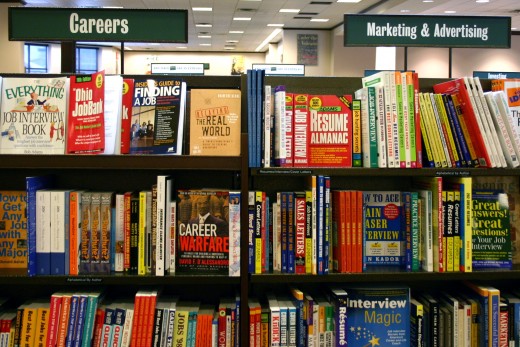
This content is accurate and true to the best of the author’s knowledge and is not meant to substitute for formal and individualized advice from a qualified professional.
© 2012 Sharon Bellissimo


